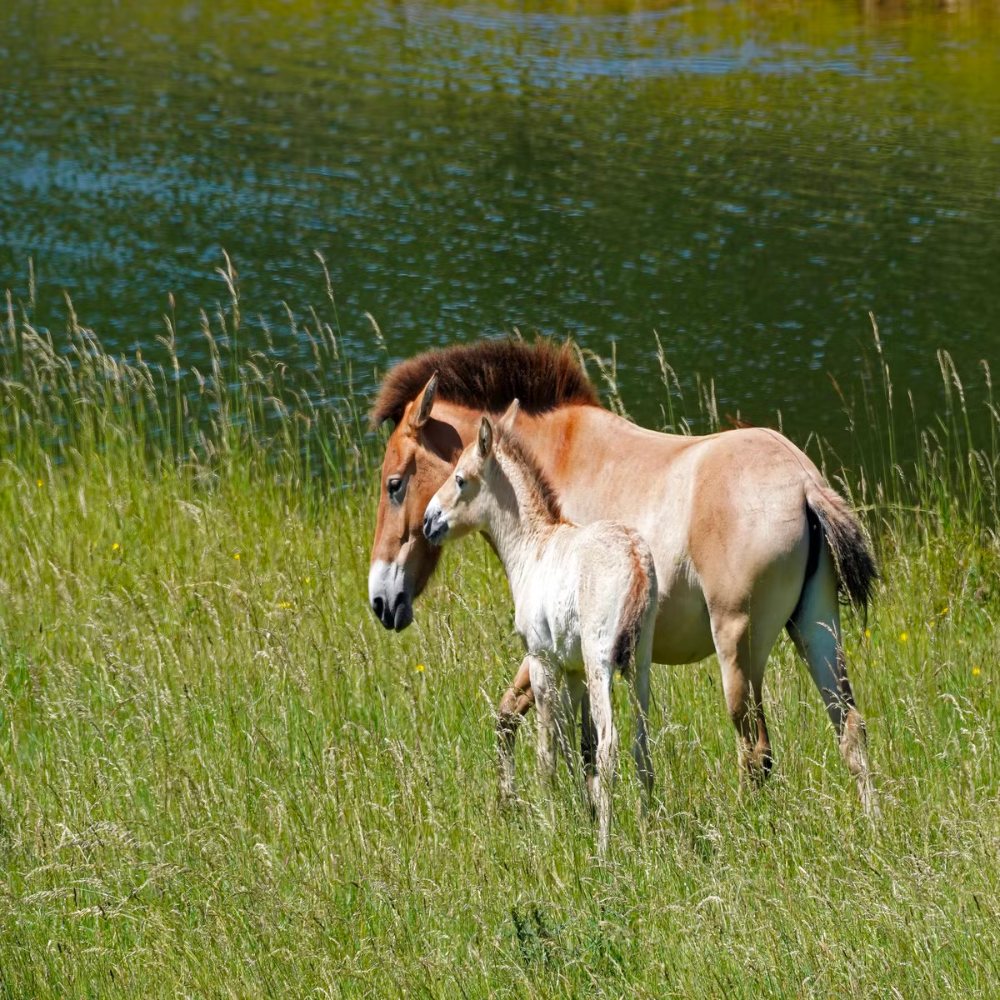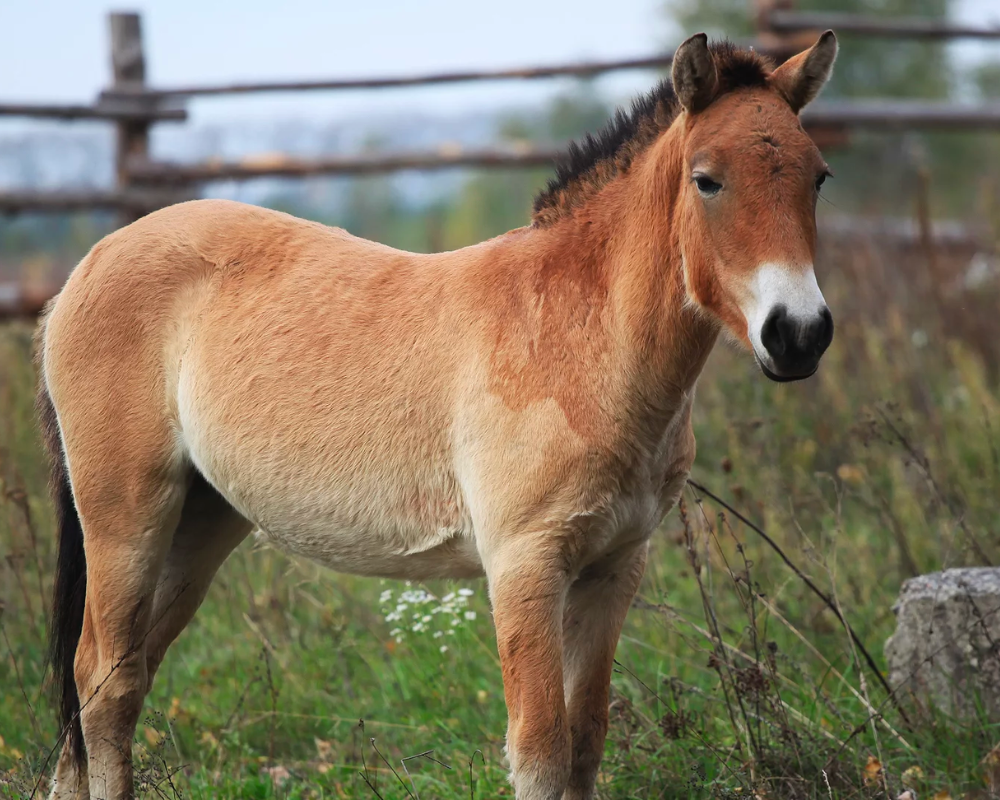
Research has come a long way, and achievements like the birth of a rare Przewalski’s horse are living proof of it. The San Diego Zoo Safari Park shared the news of the birth recently. There was a time when this species of horse was declared extinct. But in 1996, the status changed to critically endangered. Przewalski’s horse is also called the Last Wild Horse.
A Day of Celebration at the Zoo

After 2014, the foal’s birth is the first birth of a Przewalski’s horse at the Safari Park, and he is one of the only four who were born in North America since last year. The baby horse is a result of a statewide conservation initiative that ensures genetic variety across Przewalski’s horse populations. At the Zoo and Safari Park in California, more than 157 Przewalski horses have been born until now. The successful birth of the foal and every other horse of this species shows everyone’s dedication at the zoo to conserving the species. After being declared extinct for a long time, the Przewalski’s horses have survived for around 40 years now, and the most fascinating fact is that all those who are left are the descendants of 12 Przewalski’s horses that were born in their natural surroundings.
The First Successful Cloned Przewalski’s Horse
Kurt was born in 2020 to a surrogate mother and is the clone of a male Przewalski stallion. The living cell line of the male was preserved as part of the Wildlife Biodiversity Bank, approximately 43 years ago. Kurt was named after Kurt Benirschke, who was part of the research committee, and research director at the zoo for a while. Kurt was one of the first successfully cloned Przewalski’s horses. According to Nadine Lamberski, who is the San Diego Zoo Wildlife Alliance’s chief conservation and wildlife health officer, successfully cloning Kurt is not only a huge achievement but also means there is still hope to bring back genetic diversity.